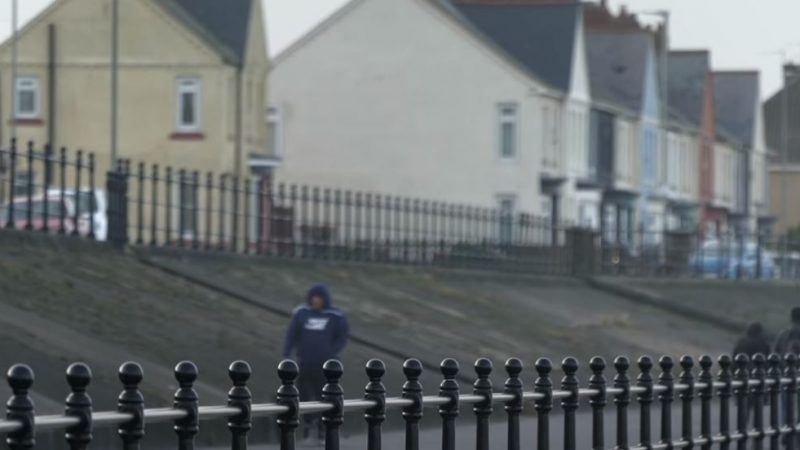‘The government, Ofgem, the energy sector and industry bodies must work collaboratively to make energy more affordable for all.’

Over 4.4 million children in Britain are currently growing up in poverty, according to recent data from the Institute of Health Equity (IHE).
It is estimated that approximately 1.7 million school days are lost across Europe each year due to illnesses linked to dampness and mould. The rate of school absences among children in the UK is 80 percent higher than the European average.
The UK has the oldest and least efficient housing stock in Europe. Since 2013, installation rates of energy saving measures and insulation have plummeted by 90 percent, the IHE informs.
A separate report by Fuel Bank Foundation highlights the dire impact of cold, damp homes on children living in poverty, who often attend school feeling tired, hungry, and in dirty clothing. Such an environment condemns them to a cycle of poverty that’s difficult to escape.
The Fuel Bank Foundation is dedicated to providing emergency assistance to those unable to top up their prepayment energy meters. The charity contends that children’s lives are severely affected by fuel poverty. Many families lack the necessary energy for heating, cooking, lighting, or cleaning their homes.
According to their annual Fuel Crisis Report, entitled “Time for change. Time for a fairer Future,” nearly half (45 percent) of those supported by the foundation in the past year had children at home, with young families (aged 18-35) being the most vulnerable to fuel poverty.
15 percent of the young families surveyed reported running out of money to top up their meters on a daily basis, while 26 percent were already disconnected from their energy supply when they sought emergency fuel vouchers from the Foundation.
Matthew Cole, head of the Fuel Bank Foundation, said that we might think of fuel poverty as something that mainly affects the elderly, but it’s a “blight on the lives of people of all ages, from young children to pensioners.”
“Our latest research shows that by ignoring the issue of cold homes, we are preventing children from achieving their potential and consequently trapping them into lifelong poverty.
“Absenteeism from school is a big issue. As well as being off sick due to damp and mould related illnesses, children are refusing to go to school because they are being bullied, shunned or shamed because their clothes smell or they haven’t been able to have a bath or shower. Without good health or a good education, what chance have these children got of pulling themselves out of poverty when they grow up?”
The foundation says it welcomes the government’s decision to reduce the amount that can be taken from Universal Credit repayments to repay debt from 25 percent to 15 percent from April next year. But it says more need to be done to “address the root causes of fuel crisis and to provide the strategic and tactical mitigation that’s needed.”
“The government, Ofgem, the energy sector and industry bodies must work collaboratively to make energy more affordable for all, provide more financial support and better protection for people who prepay, especially those who use alternative fuels, and upgrade the UK’s housing stock so that everyone has a good quality home that is inexpensive to heat,” said the charity in a statement following the autumn budget.
Left Foot Forward doesn't have the backing of big business or billionaires. We rely on the kind and generous support of ordinary people like you.
You can support hard-hitting journalism that holds the right to account, provides a forum for debate among progressives, and covers the stories the rest of the media ignore. Donate today.



